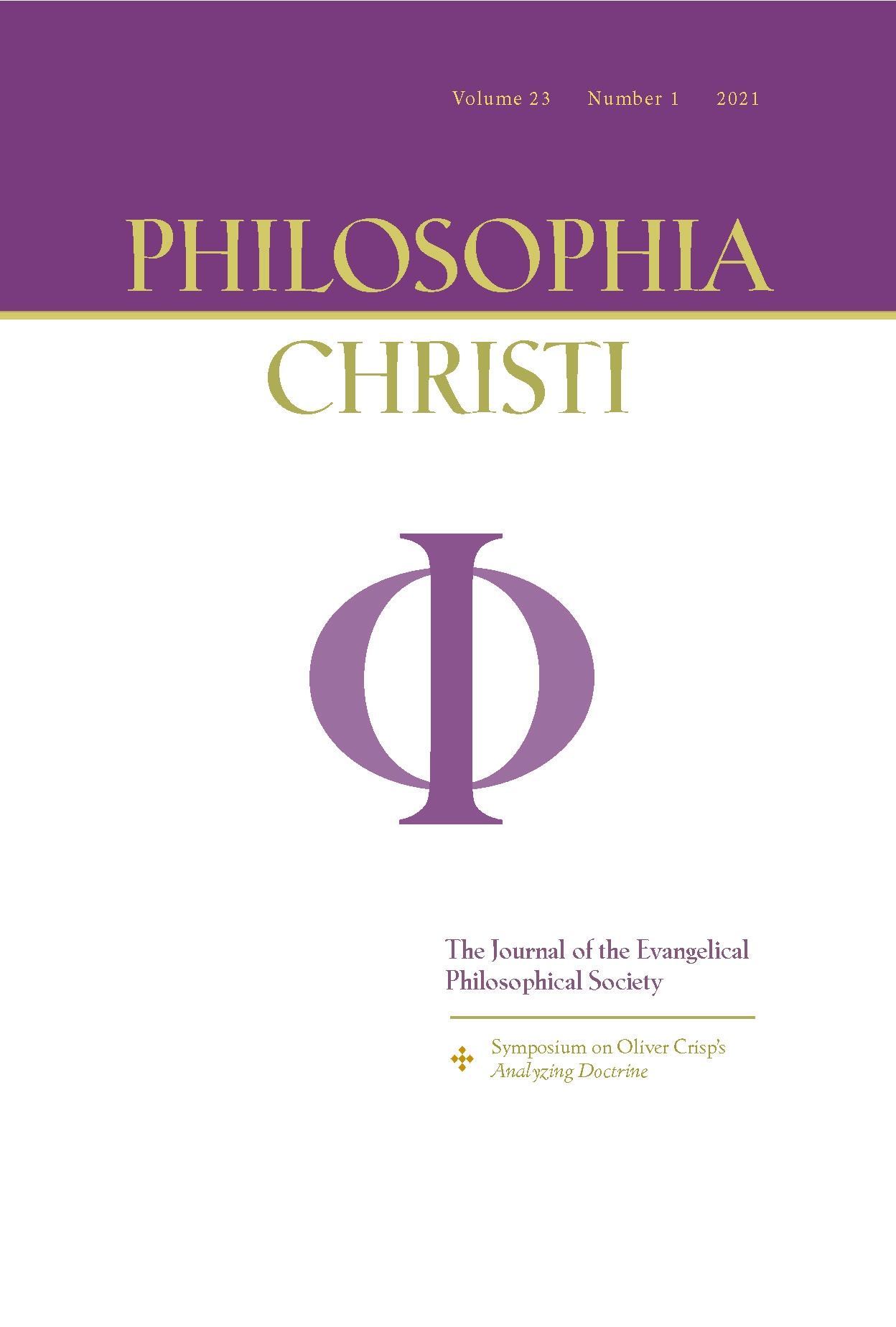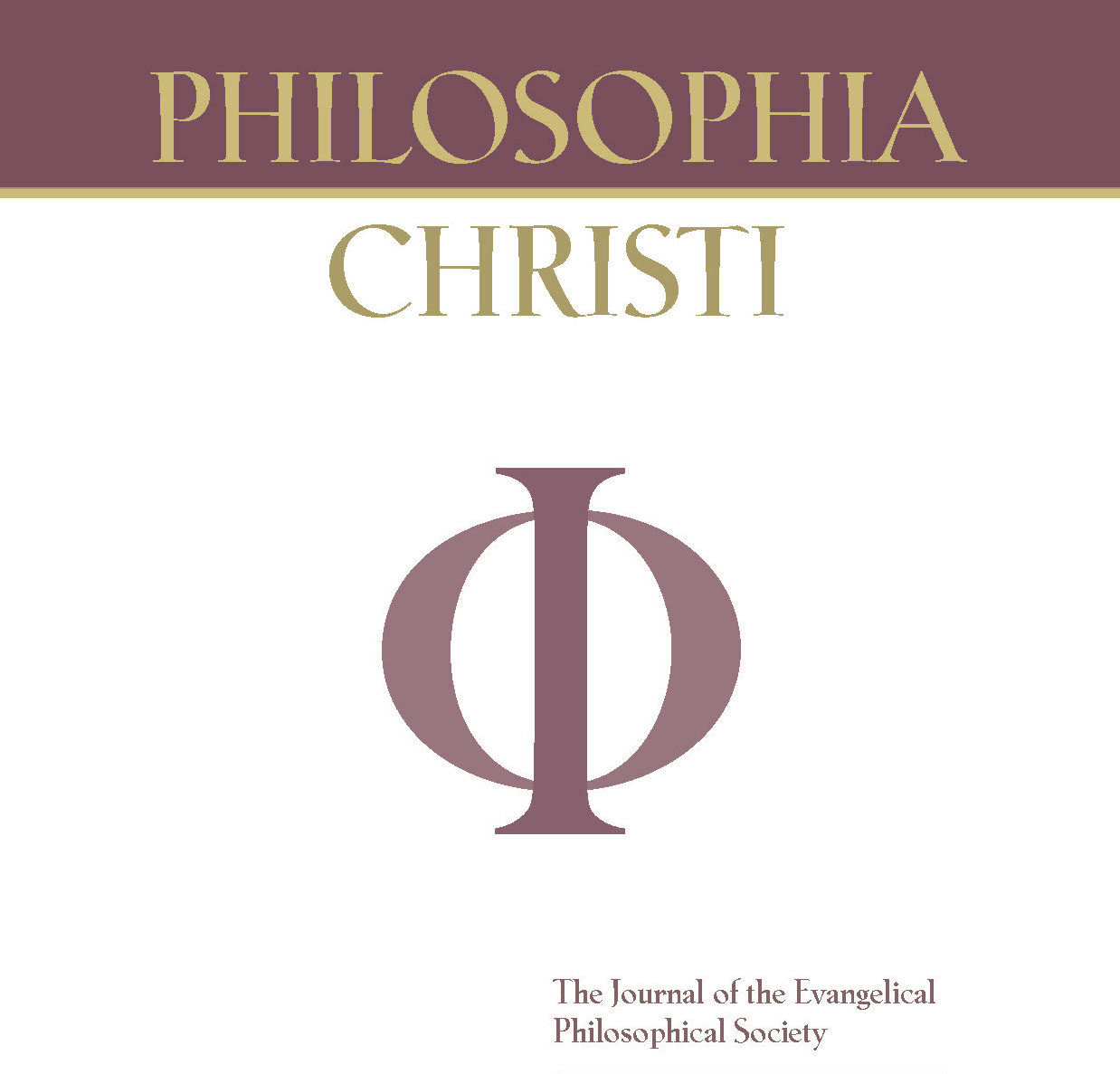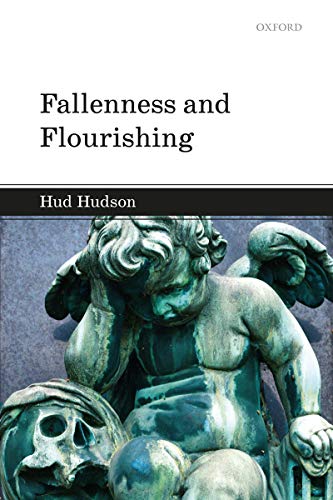
From the Summer 2021 issue of Philosophia Christi, enjoy a stellar symposium (guest edited by Christopher Woznicki) on Oliver Crisp’s Analyzing Doctrine: Toward a Systematic Theology. Below is a preview. Gain immediate digital access to the symposium (and over 1000 published items from the journal) by starting/renewing your digital subscription today via the Philosophy Documentation Center.
Christopher Woznicki: Analyzing Doctrine: A Précis
In this précis I introduce the topic of the symposium, namely, Oliver D. Crisp’s book, Analyzing Doctrine: Toward a Systematic Theology. I discuss the impetus behind the symposium, provide a précis of Analyzing Doctrine, and preview the various responses to the book given by his interlocutors. I conclude by highlighting some possible new directions for analytic theology.
William Lane Craig: On Systematic Philosophical Theology
The disciplines of systematic theology, dogmatic theology, fundamental theology, philosophical theology, and philosophy of religion are characterized and their relations to one another are discussed.
Steven Nemes: God Is Not Chastened – Response to Crisp vis-a-vis Theological Nonrealism
Oliver Crisp proposes “chastened theism” as a theologically realist alternative to classical theism and theistic personalism. I critique his chastened theism and propose the alternative of Christian Pure Act theism, a “chastened” version of theological nonrealism.
Gray Sutanto: On Maximal Simplicity
This essay engages with Oliver D. Crisp’s parsimonious model of divine simplicity while offering a defense of a maximal account of simplicity. Specifically, I clarify (1) the way in with Reformed orthodox theologians, like Gisbertus Voetius, anticipate something like Crisp’s model, (2) that pure actuality is an explication, rather than an entailment, of the doctrine of simplicity, and (3) that the doctrine of simplicity remains consistent with epistemic modesty in relation to theological matters.
Jordan Wessling: Crisp on Conciliar Authority – A Response to Analyzing Doctrine
In Analyzing Doctrine: Toward a Systematic Theology, Oliver Crisp infers from a general principle concerning God’s providential care for the church that it is implausible that God would allow substantial error on the central theological promulgations of an ecumenical council. is conclusion is then used specifically against contemporary neo-monothelites, who consciously contravene the dyothelite teachings of the third Council of Constantinople. In this paper, I raise several doubts about the inference utilized by Crisp against these neo-monothelites, and I seek to point to a more promising manner of upholding the deliverances of the ecumenical councils.
Joanna Leidenhag: Pneumatology, Participation, and Load-Bearing Structures – A Response to Oliver D. Crisp’s Analyzing Doctrine
As Oliver D. Crisp’s Analyzing Doctrine sets out the major moves of a future analytic systematic theology, this response worries about the lack of close attention to work of the Holy Spirit. It is argued that this generates an unhelpful (and unintended) tendency for key theological concepts to collapse into one another. First, the concepts of theosis, participation, union, conformity, and sanctification appear indistinguishable. Second, Crisp portrays monofocal attention to the union of incarnation, without equal concern for that additional complementary way that humanity is united to God, namely, the indwelling of the Holy Spirit.
Oliver D. Crisp: Response to My Interlocutors
In this essay I respond to my interlocutors in the symposium on my monograph, Analyzing Doctrine. Addressing each of them in the order in which their essays are printed, I consider and reply to comments by William Lane Craig, Steven Nemes, N. Gray Sutanto, Jordan Wessling and Joanna Leidenhag.




